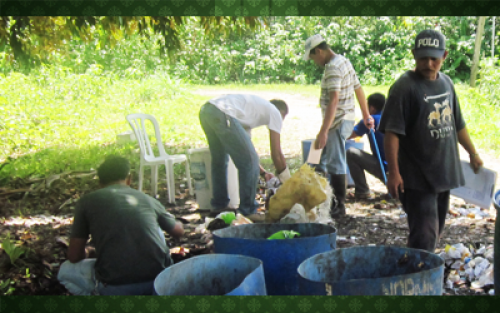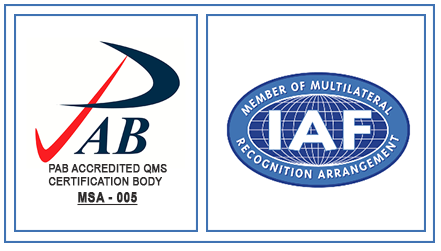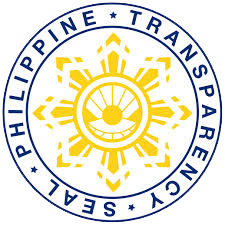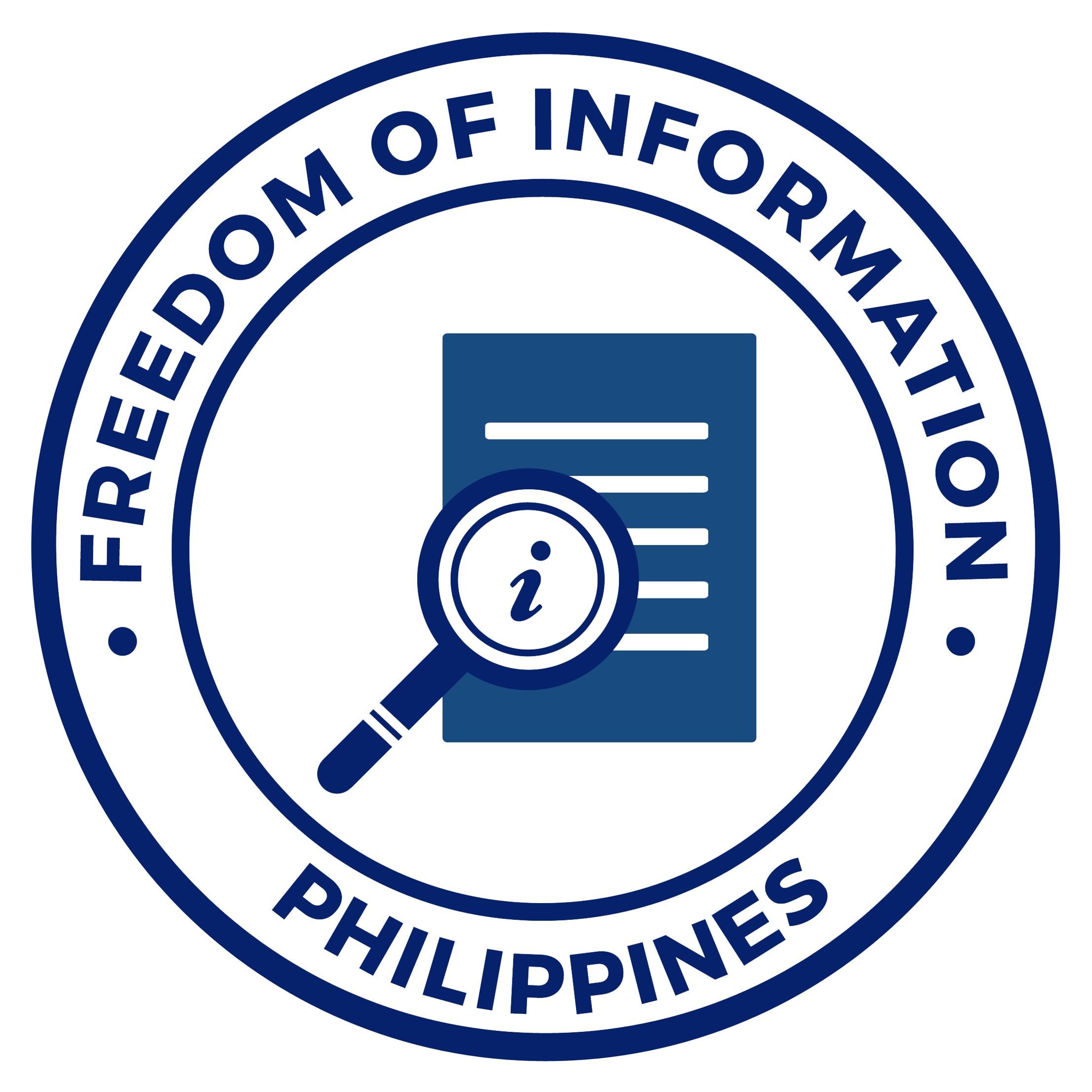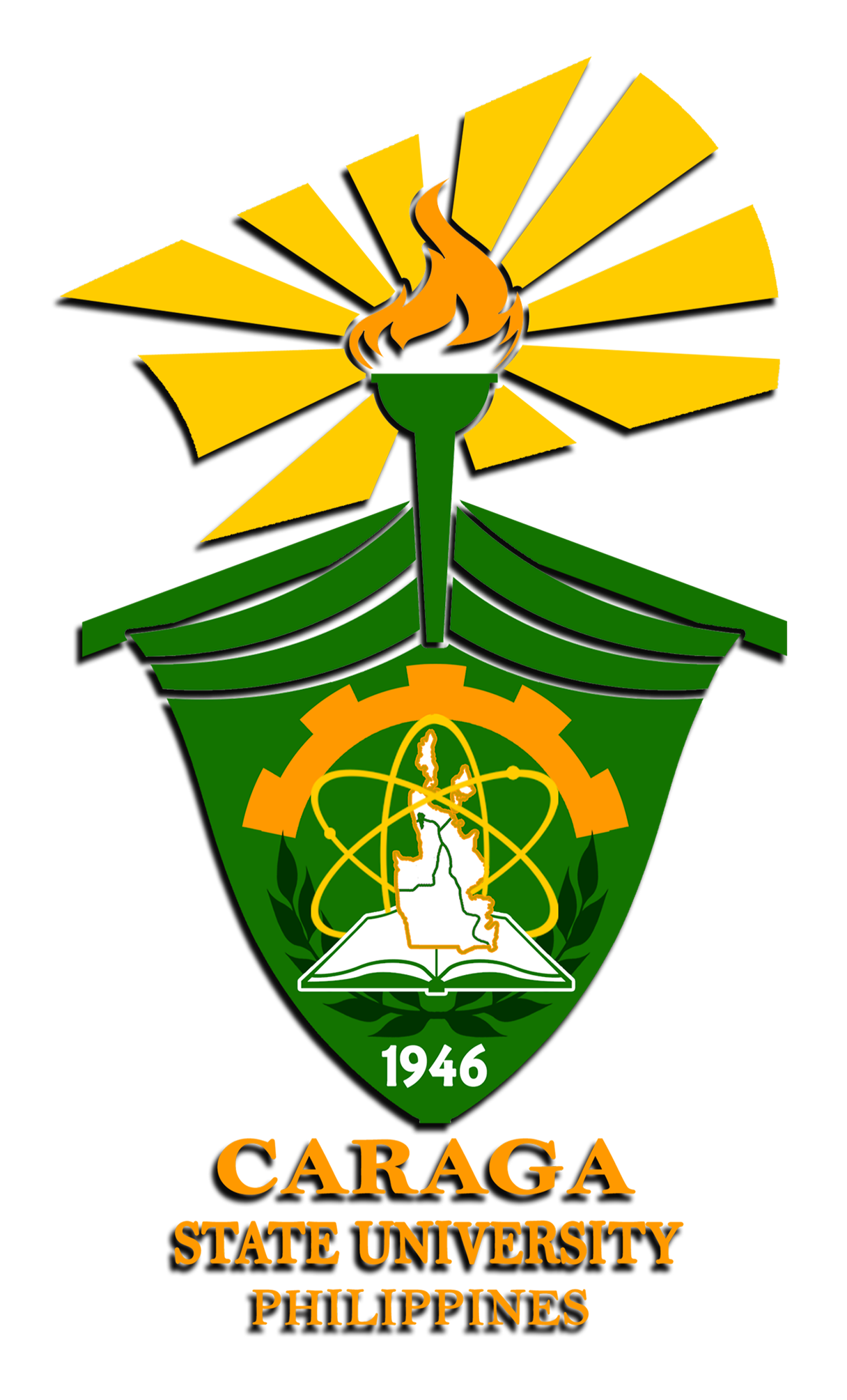News and Events
CSU goes Solid Waste-Conscious
Recognizing the impetus of Republic Act 9003 otherwise known as the Ecological Solid Waste Management Act of the Philippines, Caraga State University has taken the initiative to draft a University Ecological Solid Waste Management Plan.
The drafting of this plan will be another milestone for the institution in its pursuit to become a sustainable and eco-friendly university. The Office of the President facilitated relevant activities by first creating an Ecological Solid Waste Management Task Force. The members are Dr. Lilia Boyles (Head of the University Vermiculture Project), Dr. Raquel Balanay (Director of the Planning Office) Engr. Marilou Umpad (Director of the General Services Unit), Engr. Sonia Buscano (Coordinator of the Mining Engineering Program), Mr. Henson Dejarme (Director of the Office of the Students Affair), Mr. Felmer Latayada (Chairman of the Natural Sciences Department), Ms. Aisa Manlosa (Instructor of the Environmental Science Program) and Mr. Romell Seronay (Coordinator of the Masters in Environmental Management and Head of the recently organized task force).
Meetings were conducted to outline how to best achieve an effective solid waste management strategy in the university. Activities initiated to determine the solid waste generated by the university include waste characterization (waste type determination and weighing) in the common garbage collection area of CSU, and waste generation survey in various university offices. Conservative estimates determined by the above-mentioned activities show that the huge waste generated was classified as biodegradable wastes with 2.7 tons per month or 74% of the total volume of wastes while non-biodegradable wastes generated 970 kilograms per month. These estimates will provide the justification and basis in the creation of the ESWM Plan.
The next prong in the plan for the effective adoption of RA 9003 is the preparation of compost pits in selected areas in the campus to convert biodegradable wastes into compost that may later be sold for income. The use of Trichoderma to hasten the decomposition process for these wastes is also being looked at as an option to maximize the benefits that will later be generated. Moreover, the addition of segregated garbage bins in strategic points in the campus is being considered. This initiative is in line with the Clean Ground, Zero Waste Program of Butuan City with the full implementation of proper solid waste management thru the “No Segregation, No Collection” Policy.
It is worthy to note that the university was recently given the distinction as the winner for the Regional Search for Eco-friendly and Sustainable School spearheaded by the Department of Environment and Natural Resources. The ten thousand-peso award will be utilized by the task force to jumpstart its planned activities.
Essentially, it is recognized that Information, Education and Communication (IEC) is a critical component for the success of any project. The task force deems it necessary to raise the consciousness of the university constituents regarding the waste generation rate of each individual and how a concerted effort in bringing down this rate is likely to make a significant difference in the university’s contribution to the waste generated in the city scale. The recently organized Fun Run for Solid Waste Management on September 30, 2011 was a strategic undertaking during the CSU Family Day to incorporate environmental consciousness among the university populace. Donations from that event will be similarly used to further environment-friendly undertakings.
Written by: Mr. Romell Seronay
Admissions
Registrar
Guidance
Office of the President
Public Information and Communication Office
Course Particulars
College of Engineering and Geo-Sciences
College of Agricultural and Agri-Industries
College of Mathematics and Natural Sciences
College of Forestry and Environmental Sciences
College of Computing and Information Sciences
College of Education
Philippine Standard Time
Transparency Seal
Design by ICT Center.

